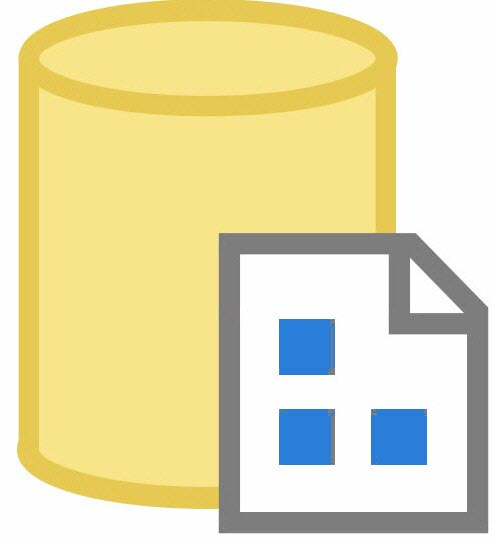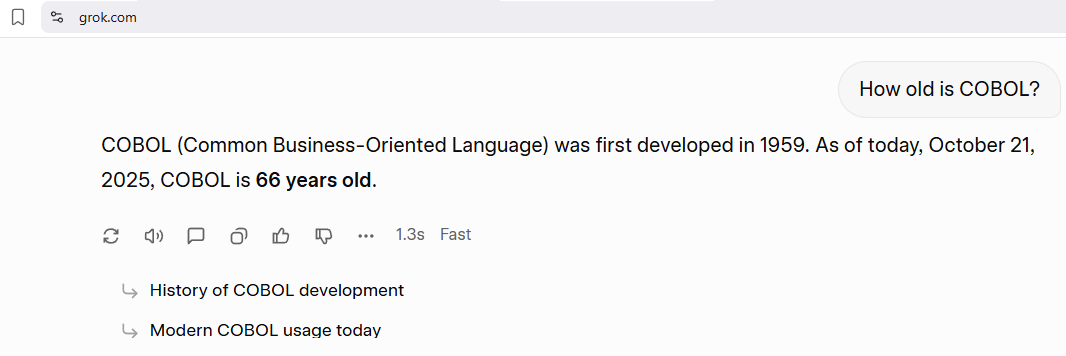The rumors of SQL Server Integration Services’ (SSIS’s) demise have been greatly exaggerated. This isn’t new, it’s been going on for some time now. I am not making up the number 18 in the subtitle - I first heard a rumor of the death of SSIS in 2007. For a platform that keeps dying, SSIS sure keeps showing up!
A friend recently asked if I thought SSIS was going to be deprecated. “I don’t know. I imagine it will, one day. I honestly have no idea when that day will be, though.” I went on to compare SSIS to COBOL (Common Business-Oriented Language), a language that continues to run many of the world’s banking systems despite being 66 years old (that’s 4 years older than me)!
When I clicked the link for modern COBOL usage, part of the blurb returned by Grok was:
“It powers an estimated 70% of global business transactions, including critical operations in finance, where more than 95% of ATM swipes and 43% of banking systems rely on it. With approximately 220 billion lines of code still in active use, COBOL’s reliability, security, and efficiency in handling massive data volumes make it indispensable for legacy systems that can’t afford downtime.”
I’m not sure how many SSIS packages are currently executed, or how much active development is done using SSIS these days. I know that it’s more than “none” and that it’s more than many people realize. For example, more people subscribe to SSIS Premium - access to 8 days of my recorded training for one year - than any other courses I offer. It’s not even close.
Comparing SSIS to COBOL is not a stretch, although SSIS is only 20 years old (well, next month, anyway).
SSIS in 2025
I recently published a series of posts about SQL Server 2025 and some new tools available to support SSIS in 2025. At the time of this writing, SQL Server 2025 (and the tools I reference) mostly remain in preview, but I’m optimistic that the RDBMS and the tools will be generally available soon.
The series consists of the following posts over at andyleonard.blog:
Check out these posts and let me know what you think.
Peace.





Why the living heck would they kill SSIS.
Sure, it has warts, it has a lot of warts. But when you get it stable and running properly, it works just fine.
Lets face some facts - as much as we all want to move to all our integration into the cloud, deep down somewhere, there is a SQL database in a VM (or, shock horror, a blade in a closet) that we need to get data into.
And I don't see that ending anytime soon.
Gosh thank you Andy. I’m so tired of hearing that it’s dying/dead, or hearing how it’s outdated when companies like KingswaySoft, CData, etc. are making awesome extensions and toolkits for it.
I think anyone who says it isn’t useful these days just hasn’t explored the possibilities lately.